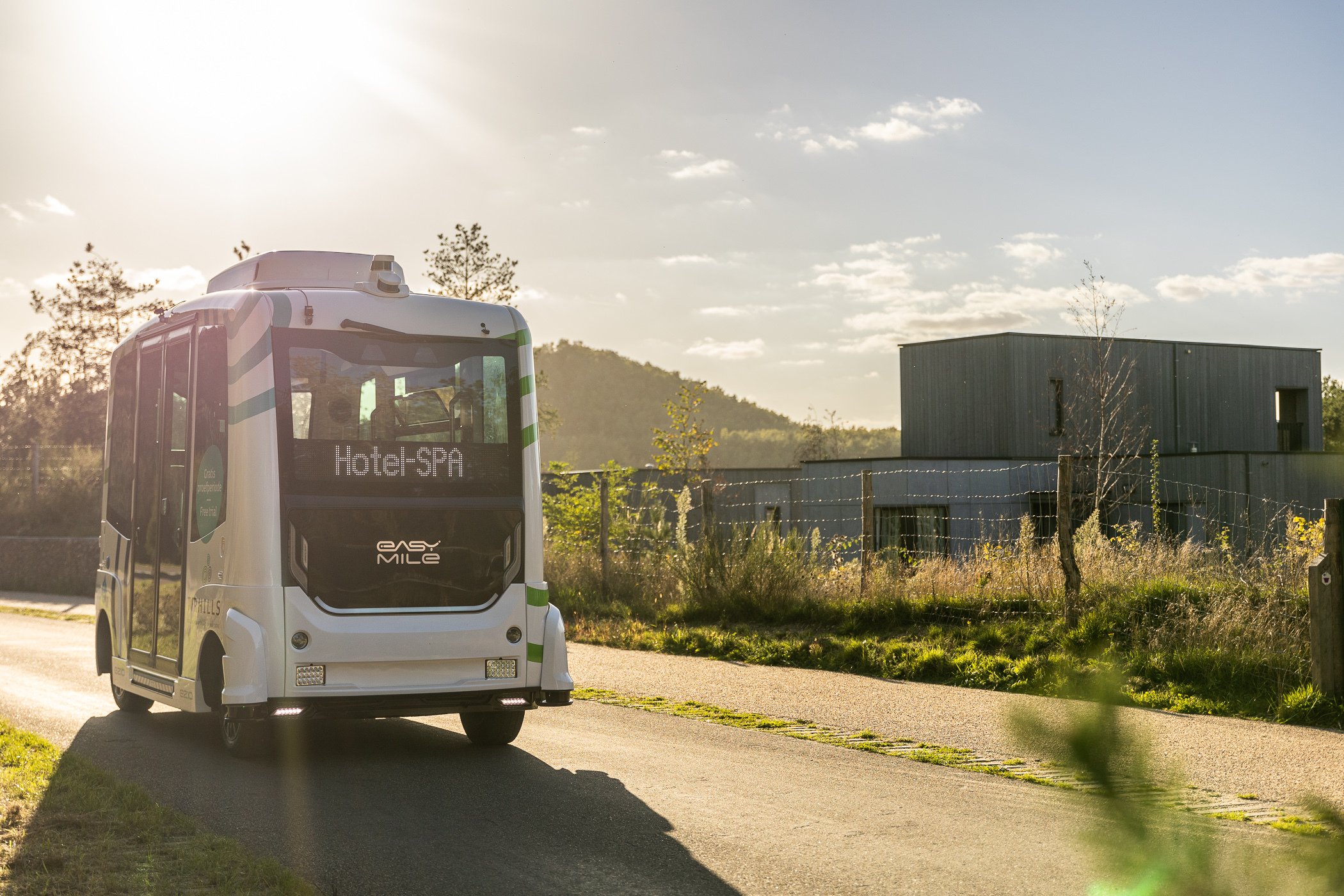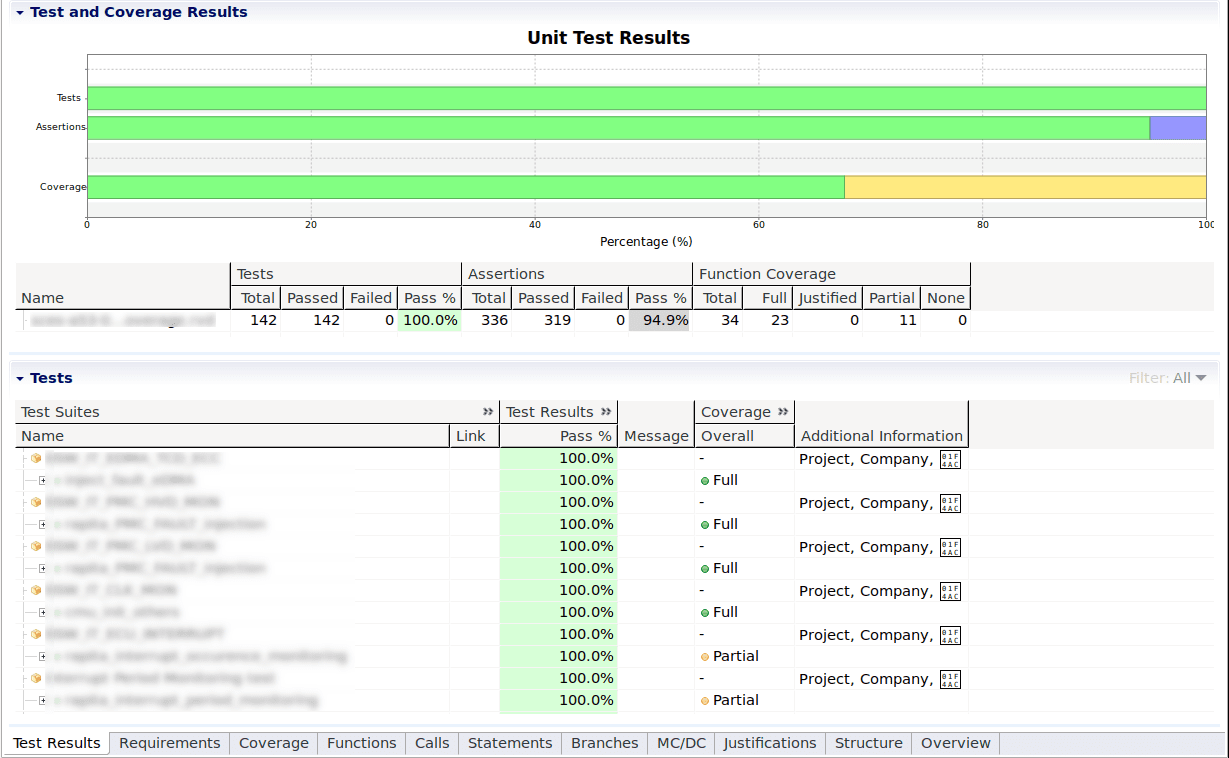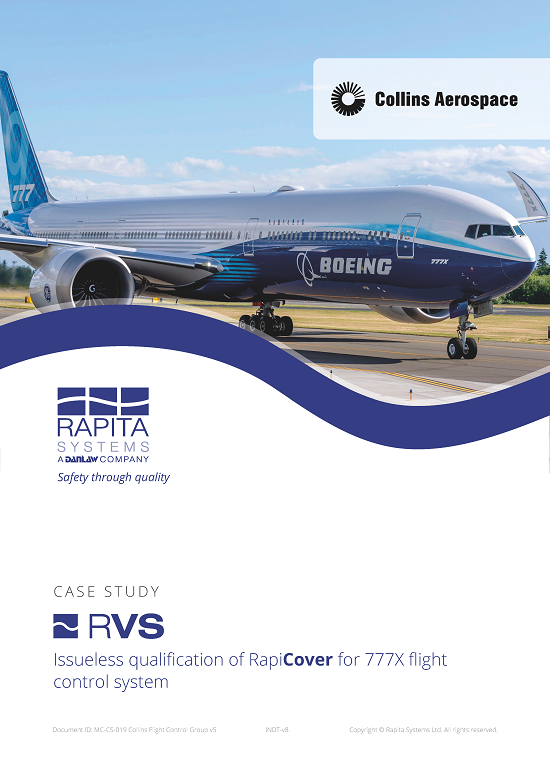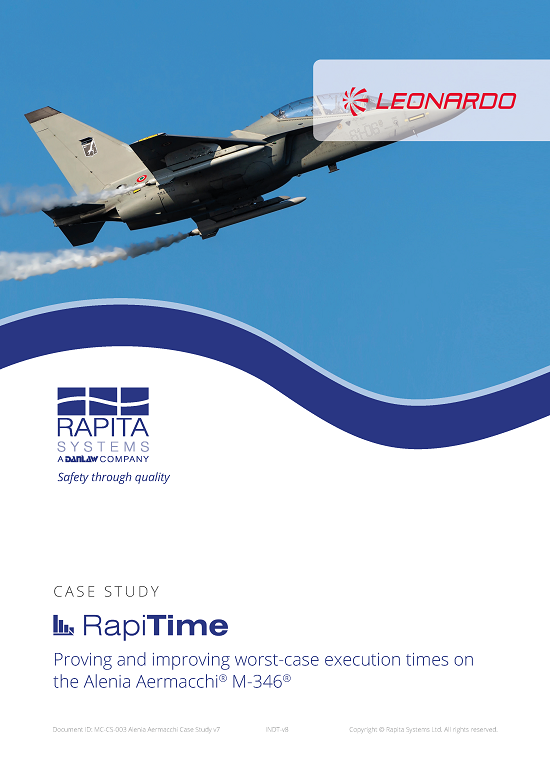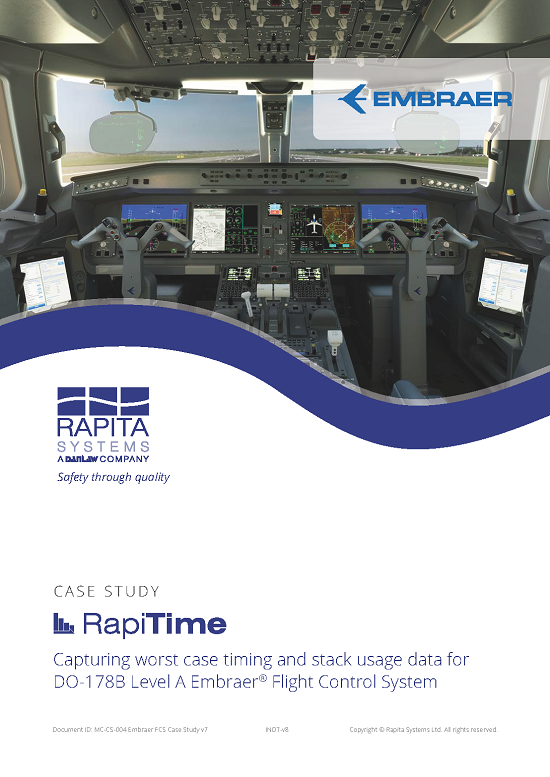Summary
The challenge
- Support verification of ISO 26262 ASIL D hazard detection and braking software
The solution
- Comprehensive verification solution delivered by Rapita to support functional testing, structural coverage analysis and timing analysis
The benefits
- Comprehensive and qualifiable solution for ASIL D verification activities
- Seamless integration of RVS with existing development environment including CI software improved project efficiency
The challenge
EasyMile is developing its next generation of fully autonomous vehicles for passenger transport. The hazard detection and braking systems on such vehicles are a safety-critical component, and the software in these systems must be certified at the most rigorous safety level for automotive software in ISO 26262, ASIL D.
For ISO 26262 ASIL D certification, the hazard detection and braking software needs to be verified for functional behavior through functional testing, for completeness of structural coverage through testing, and for the worst-case timing behavior of the software.
EasyMile’s hazard detection and braking software is written in C, and the EasyMile verification team were using a Linux-based platform for on-host testing. EasyMile’s target platform is multicore, and they were using a LauterbachTM TRACE32® debugger to capture data during on-target software execution as part of their existing verification environment.
EasyMile were looking for an efficient verification toolsuite to support their ASIL D software verification.
The solution
EasyMile chose to evaluate Rapita’s RVS (Rapita Verification Suite) software to explore how to meet their ISO 26262 software verification needs.
Rapita delivered an RVS Proof of Concept Study to help EasyMile evaluate the capabilities of RVS and how it could meet their verification needs efficiently. As part of the study, Rapita integrated RVS into EasyMile’s existing Linux-based development environment, so their software can be verified through on-host testing. For on-target testing, Rapita developed an integration with EasyMile’s multicore processor, where measurements could be collected from on-target execution using a TRACE32 debugger, as this was already used in EasyMile’s on-target testing environment. RVS was also integrated with EasyMile’s continuous integration software, Jenkins®, to supported automated testing and results reporting.
During the study, RVS plugins for various verification activities were deployed to support EasyMile’s evaluation based on their software verification needs.
One of EasyMile’s primary verification needs was for an efficient functional testing solution. To provide this, RapiTest was deployed for this project. EasyMile’s preferred testing approach was to use test scripts to write tests. Test scripts were used internally at Rapita when the project began, but were not a supported test authoring method. To support this project, Rapita further developed RapiTest’s test script format to yield a mature test authoring solution that EasyMile could use, including documentation and tutorials to make it easy to get started.
Structural coverage analysis was also needed for ASIL D ISO 26262 certification of EasyMile’s software, and this was supported by RapiCover, which produces coverage results during testing up to and including the Modified Condition/Decision Coverage (MC/DC) level.
EasyMile also has a requirement for worst-case execution time analysis, which is planned for future verification activities. This was supported by developing an initial integration of RapiTime into the target environment.
EasyMile were impressed with the capabilities of RVS and selected to adopt RVS as their verification toolsuite.

 Rapita System Announces New Distribution Partnership with COONTEC
Rapita System Announces New Distribution Partnership with COONTEC
 Rapita partners with Asterios Technologies to deliver solutions in multicore certification
Rapita partners with Asterios Technologies to deliver solutions in multicore certification
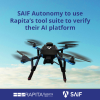 SAIF Autonomy to use RVS to verify their groundbreaking AI platform
SAIF Autonomy to use RVS to verify their groundbreaking AI platform
 RVS gets a new timing analysis engine
RVS gets a new timing analysis engine
 How to measure stack usage through stack painting with RapiTest
How to measure stack usage through stack painting with RapiTest
 What does AMACC Rev B mean for multicore certification?
What does AMACC Rev B mean for multicore certification?
 How emulation can reduce avionics verification costs: Sim68020
How emulation can reduce avionics verification costs: Sim68020
 How to achieve multicore DO-178C certification with Rapita Systems
How to achieve multicore DO-178C certification with Rapita Systems
 How to achieve DO-178C certification with Rapita Systems
How to achieve DO-178C certification with Rapita Systems
 Certifying Unmanned Aircraft Systems
Certifying Unmanned Aircraft Systems
 DO-278A Guidance: Introduction to RTCA DO-278 approval
DO-278A Guidance: Introduction to RTCA DO-278 approval
 NXP's MultiCore for Avionics (MCFA) Conference
NXP's MultiCore for Avionics (MCFA) Conference
 Embedded World 2026
Embedded World 2026
 XPONENTIAL 2026
XPONENTIAL 2026
 DO-178C Multicore In-person Training (Heathrow)
DO-178C Multicore In-person Training (Heathrow)











